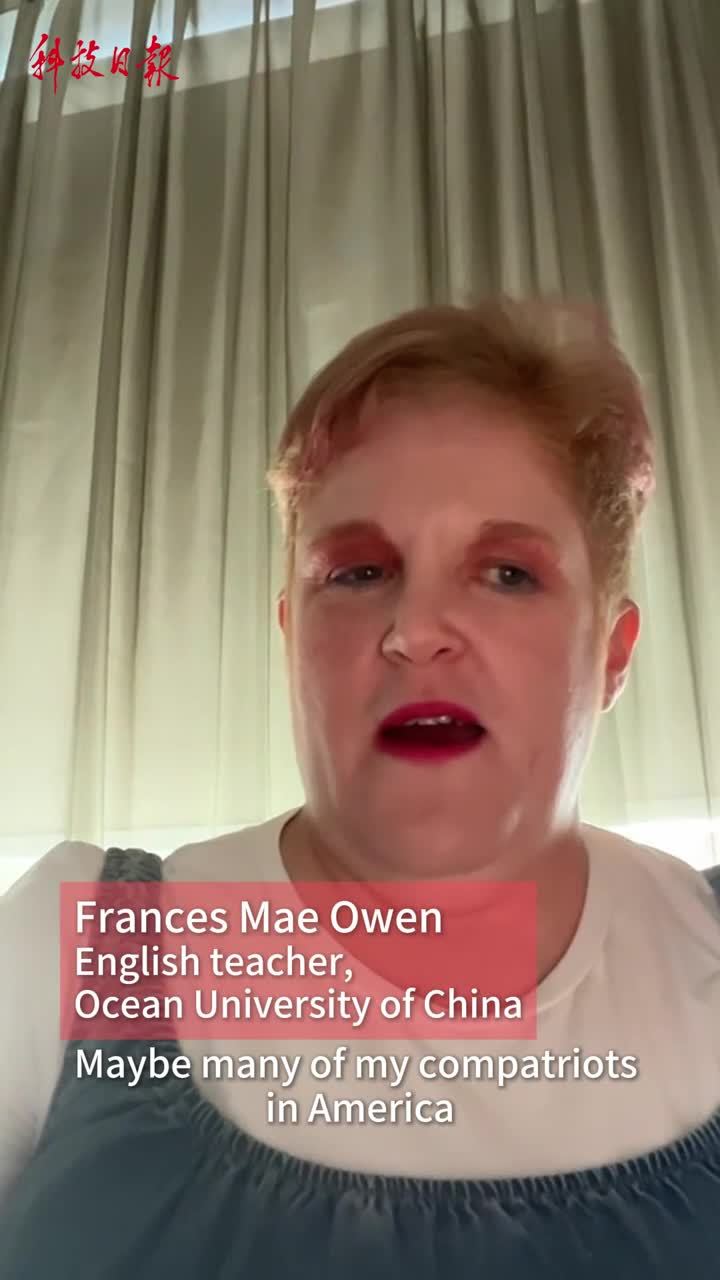Prioritizing Role of Young Experts in Research
Two young engineers work at a rocket assembly factory in Tianjin city. (PHOTO: XINHUA)
By Staff Reporters
In recent years, the number of young sci-tech experts in China has expanded, becoming the new driver of the country's sci-tech innovation and development.
According to the China Scientific and Technological Human Resources Development Research Report (2020), by the end of 2019, among the vast majority of sci-tech experts who have received higher education in science and technology, the proportion of those aged 39 and below accounted for 73.89 percent, while those aged 50 or above accounted for only 9.94 percent.
To further strengthen support for the development of young scientists, China has recently unveiled a set of new measures, including prioritizing their role in undertaking major R&D projects and tasks.
The new measures, in principle, said the proportion of young sci-tech talent under the age of 40 posted as project leaders and core personnel should not be less than 50 percent.
Actually, young scientists have already played an important role in some major sci-tech projects, such as the development of the BeiDou navigation system and lunar exploration.
For example, in the field of lunar exploration, Sun Zezhou was appointed deputy chief designer of the Chang'e 1 satellite at the age of 34, and was appointed as the chief designer of the Chang'e 3 probe system at the age of 38. In manned spaceflight, Wang Xiang, 39, was appointed commander of the space laboratory system and the space station system, becoming the youngest leader at that time.
With the release of the new measures, more young scientists are expected to take more important posts.
The new policy also called for providing stable funding support for young professionals in the early stage of their career. Basic research expenses should be mainly used to support young sci-tech talent under the age of 35 to carry out independent research, and the proportion of support for them should be gradually raised to no less than 50% of the annual budget.
In this aspect, the National Natural Science Foundation of China has continued to increase the support for projects targeting young talent. Compared with 2018, the scale of the 2022 Youth Science Fund, Outstanding Young Science Fund and National Outstanding Young Science Fund projects has increased by 26 percent, 58 percent and 109 percent, respectively.
A researcher with the Institutes of Science and Development, Chinese Academy of Sciences, said the release of the new measures is a systematic and deepening reform of the work related to young sci-tech talent, and a milestone in the future development of young scientists in the country.







